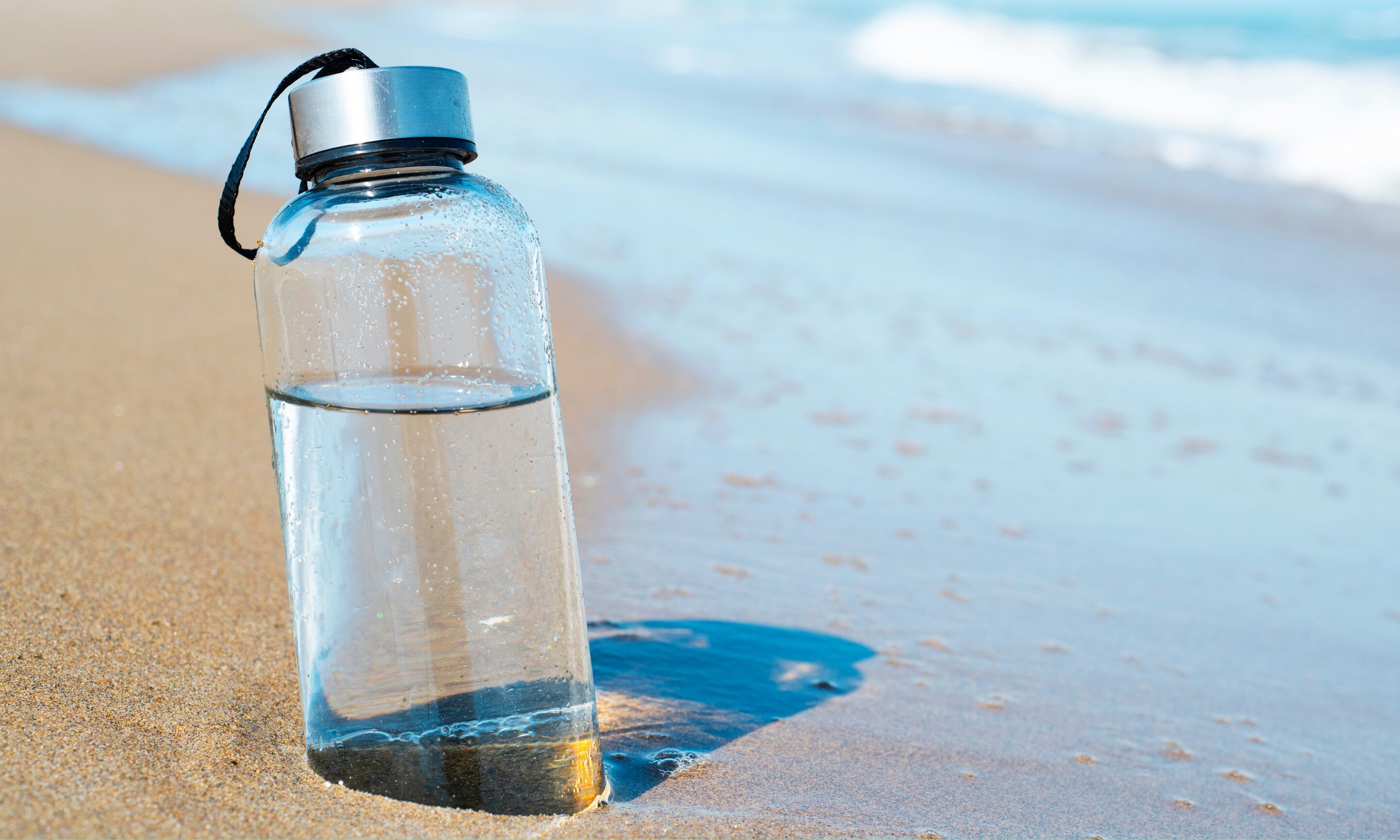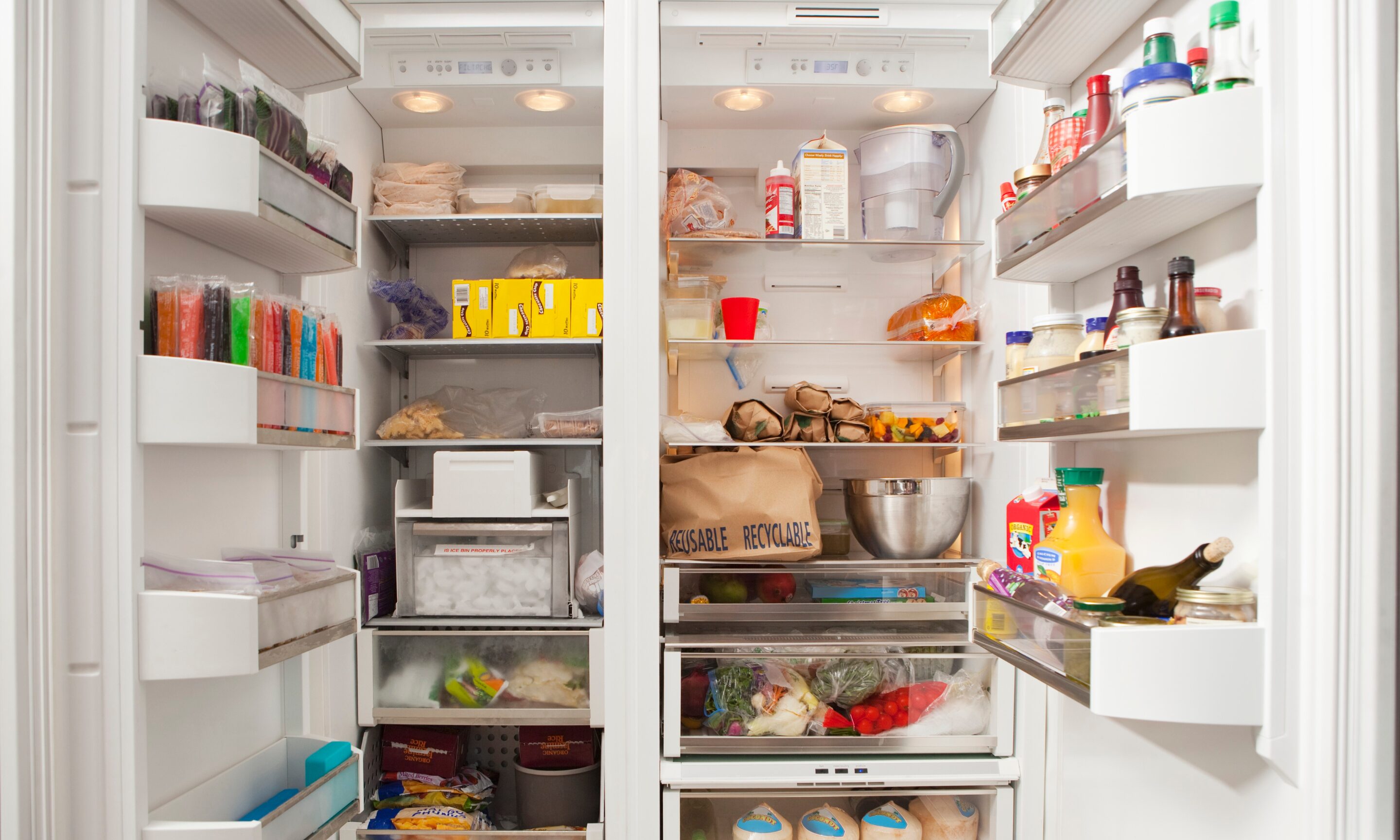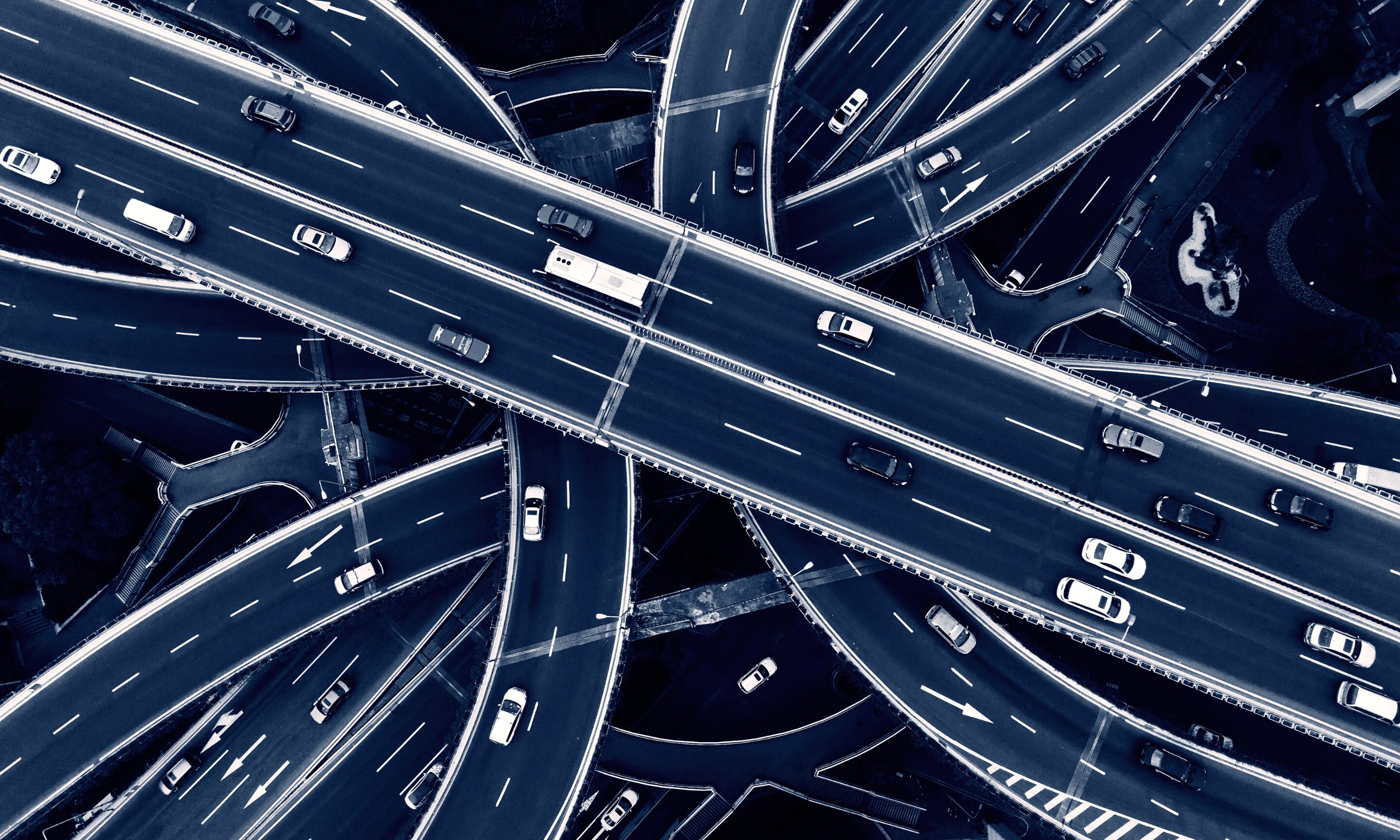
Images via Canva

Images via Canva
Every year April arrives and as the city blossoms around me, I inevitably become consumed by daydreams of water. Spring seems to find me sitting in class fantasizing about the Florida oceans of my childhood, wondering what it might feel like to float through the window and fall back into the gulf. I think up glittering springs and turquoise swimming pools. I imagine myself dancing above waves.
It’s important to note how privileged I am to have both grown up by the beach and to now live in a place where access to clean water is never in question. But as global temperatures rise, water scarcity is becoming more widespread and increasingly on my mind.
As a 21-year-old college student stumbling through balancing school, work, sports, and a social schedule — the idea of making a lifestyle change felt daunting to me. Despite my concerns about climate change and conservation, I felt helpless in my ability to make a meaningful difference. However, the first step on the journey to using less water is understanding the role water is already playing in your daily life. This knowledge empowered me to start taking action.
The first step I took was locating a resource that could explain my water footprint, or the amount of gallons of water I was using each day. This online resource was simple to access and understand, prompting me with a quick five minute quiz and then breaking down my results. My water footprint was impacted in ways that I did not expect by the food that I eat and the commutes I make. I began to get curious about other places that water was hiding in my daily life, hoping it would lead me to some answers about easy ways that I could make a change.
Below were some of the most surprising stats and facts:
About 25% of all freshwater consumed annually in the U.S. is associated with discarded food.
Armed with this new knowledge, I made a commitment to begin conserving water in simple ways through changes that I found barely noticeable. The statistic about food waste was the easiest place to start so over the last several weeks I have made a conscious effort to only buy groceries that I KNOW I will use and to make sure my fridge is empty before I restock.

Gasoline and oil consumption are tightly linked with water usage due to the demands of the oil refining process.
My water conservation journey has conveniently corresponded with the return of warm weather to D.C. which has made my commitment to walking as a primary transportation method all the more enjoyable- less Ubers and more sunshine!

Electricity consumption factors into your water footprint because of powerplants’ reliance on water.
Lastly, as a staunch hater of overhead lighting, I had a bad habit of leaving my lamps on when I left the house. I’ve tried to remedy this by taking an extra step in the morning to unplug them and save a little bit of energy.

Even if you’re not ready to make big lifestyle changes like cutting out red meat or biking to work, being aware of your water footprint is a great way to start thinking about conservation. Never underestimate how far the little things can go.